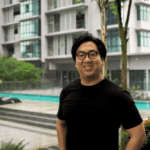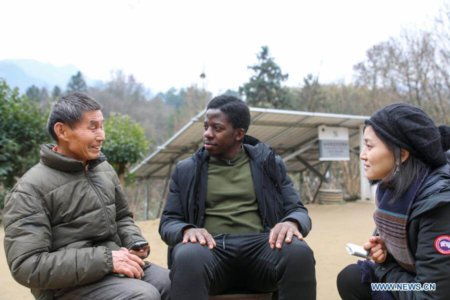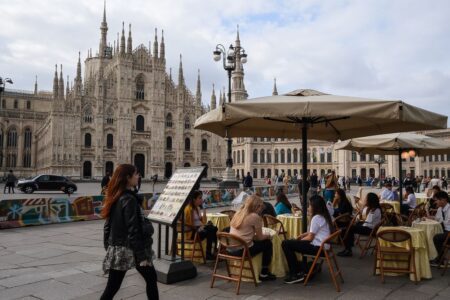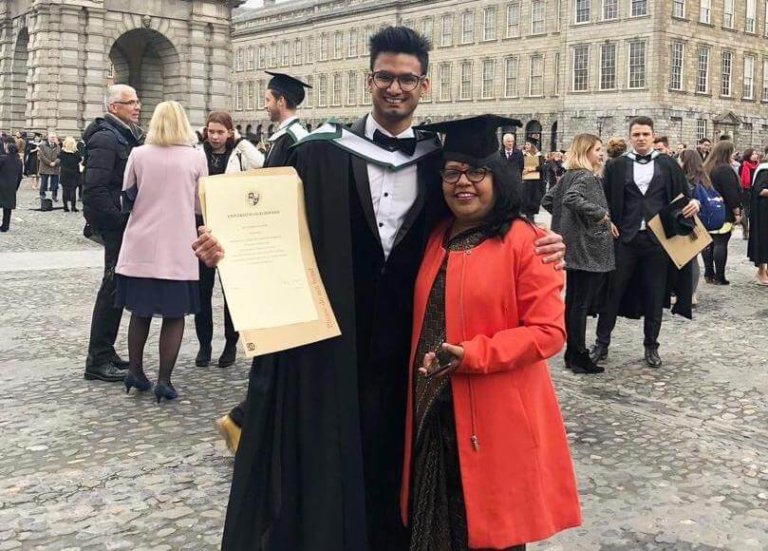
Three countries, three programmes — Pulkit Gupta’s international education started at Delhi College of Arts and Commerce, then a diploma in international studies at Fudan University and an MSc in International Management at Trinity Business School in Dublin.
Gupta was drawn to all Europe had to offer in 2018 when he was seeking a postgraduate degree, especially Ireland. From its fast-growing economy (spurred by Brexit) to its reputation as the “Silicon Valley” of Europe with major companies like Facebook, Google, Microsoft, Airbnb, all headquartered in Dublin, he knew it was the right place for him to be. The two-year post-study visa to stay back and work in Ireland after graduating was another big plus.
Today, he’s working his way up the ladder at Sogeti — an IT management consultancy in Ireland — from a graduate business analyst to now a project management officer. Below we talk to him about his career trajectory since graduating and what he thinks about the land of the leprechauns:
Walk us through the application process for your MSc. Was it stressful?
Usually an application process can be stressful, but the Trinity Business School application process was super easy. The first step was to get myself enrolled with a study abroad consultant agency who guided me through the application process.
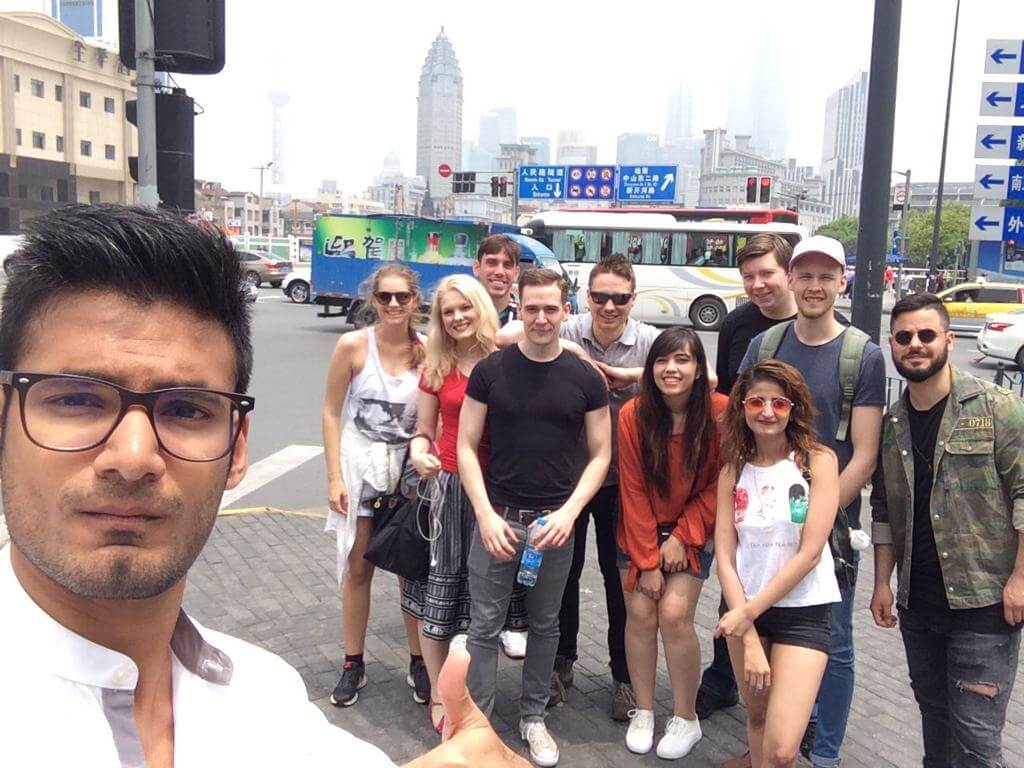
A study abroad consultant agency guided Gupta through the application process for Trinity Business School. Source: Pulkit Gupta
I also found the uni’s website to be helpful through the whole thing. After choosing the MSc in International Management as my preferred programme, the next step was to document my Statement of Purpose (SOP) which was the most important bit. It required an explanation for a purpose for my application supported by my personal and professional experiences. The last stage was to wait for the results. Trinity Business School was quick to respond and I received a conditional offer in two months.
Why study international management at Trinity Business School?
It was my first choice to pursue an MSc because of its high international ranking. Since I wanted to study a wide range of fields involving business, the MSc in International Management seemed to be a perfect fit because it would broaden my horizons. To further add, being part of the multinational group of students and being guided by highly accomplished faculty was also a major attraction for me.
The beautiful uni campus is right in the heart of the city, therefore I would have access to real-life business cases delivered by guest speakers from companies like Amazon, Google, Facebook, and so on. The International Residency Week in China was the cherry on top as it allowed me to apply the live modules on an international level.
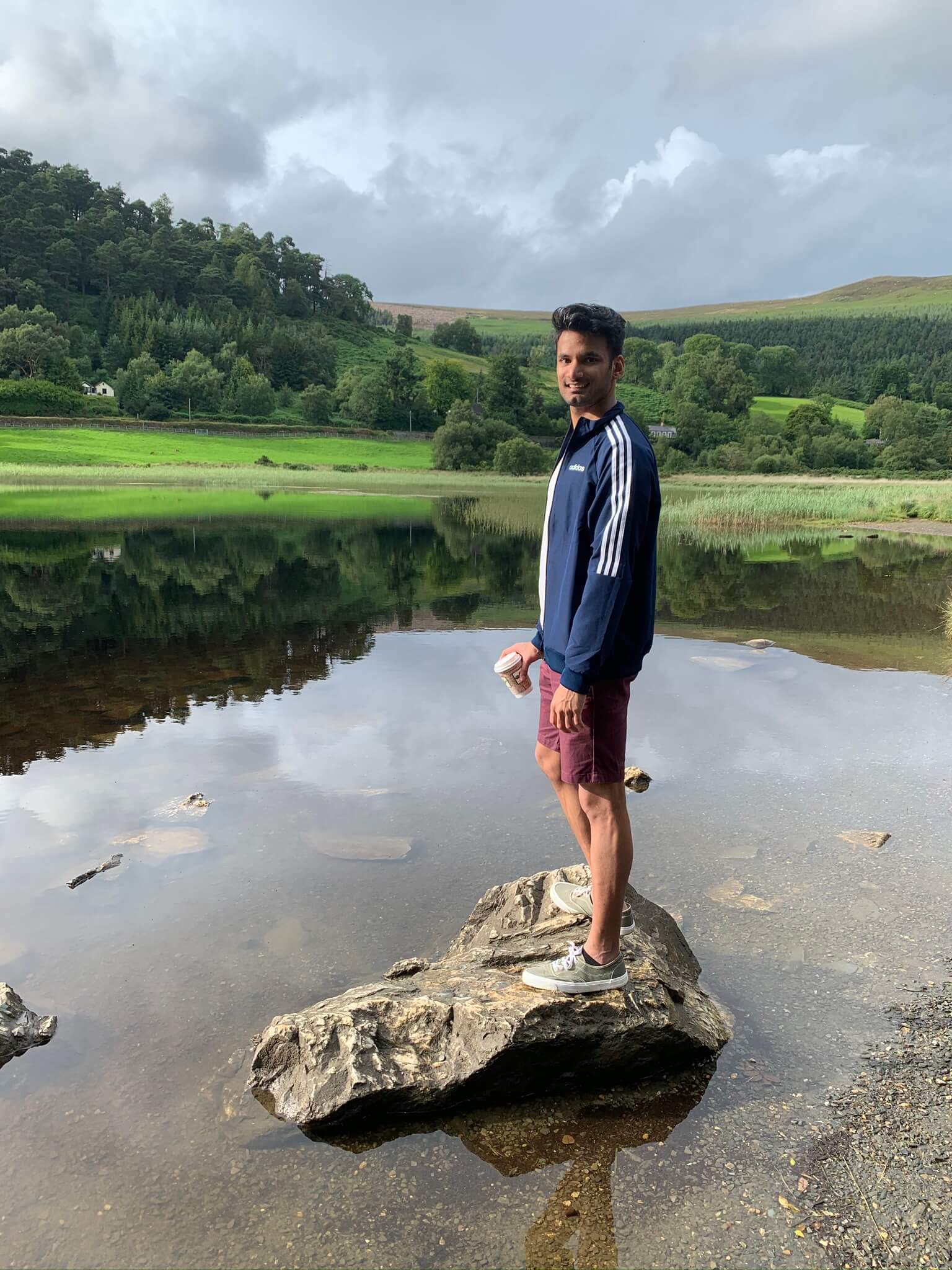
Gupta is now a project management officer at IT management consultancy Sogeti. Source: Pulkit Gupta
Can you walk us through your life back in Delhi. How has that helped with your career in Dublin now?
I come from the capital of India — Delhi — where life is always fast-paced in a city of 30 million people and every day you are learning something new. I am passionate about football and as the captain of the school team, I attained team management skills and self-discipline which enhanced my potential to operate a team environment and achieve common objectives.
My whole experience from college in India helped me to develop key team management skills which I still use at times while managing multicultural offshore IT teams. The lesson of managing failure is what I bring in use for me and my colleagues when a project delivery doesn’t go as planned.
Tell us about your career now in Sogeti. What are some of the challenges you face?
In my two and a half years at Sogeti, I’ve worked with a diverse group of clients and industry-leading brands supporting them with business and technology transformation. For instance, in a project I supported a client to implement a new Content Management System so that they can receive a better and more personalised customer experience.
Today, I continue with Sogeti but as a project management office consultant. My usual day consists of a plethora of tasks: I start my day with daily calls with the programme manager, monitor and track the team’s performance, and am responsible for the risk and finance management of the project.
How do you use the knowledge gained in your uni course now?
The programme helped me develop a solution-focused mindset which made me align with Sogeti’s client-centric way of doing things. The skills I gained are used while I interact with clients and teams — analysing core problems and finding a solution. Along with analytical skills, it taught me numerous soft skills and how to use them better.
What were the practical learning elements in your course?
The group projects at Trinity Business School prepared me to function in a multicultural team and step outside my comfort zone. This led me to early success in my career. The group presentations made me develop skills I could use in leading client workshops better.
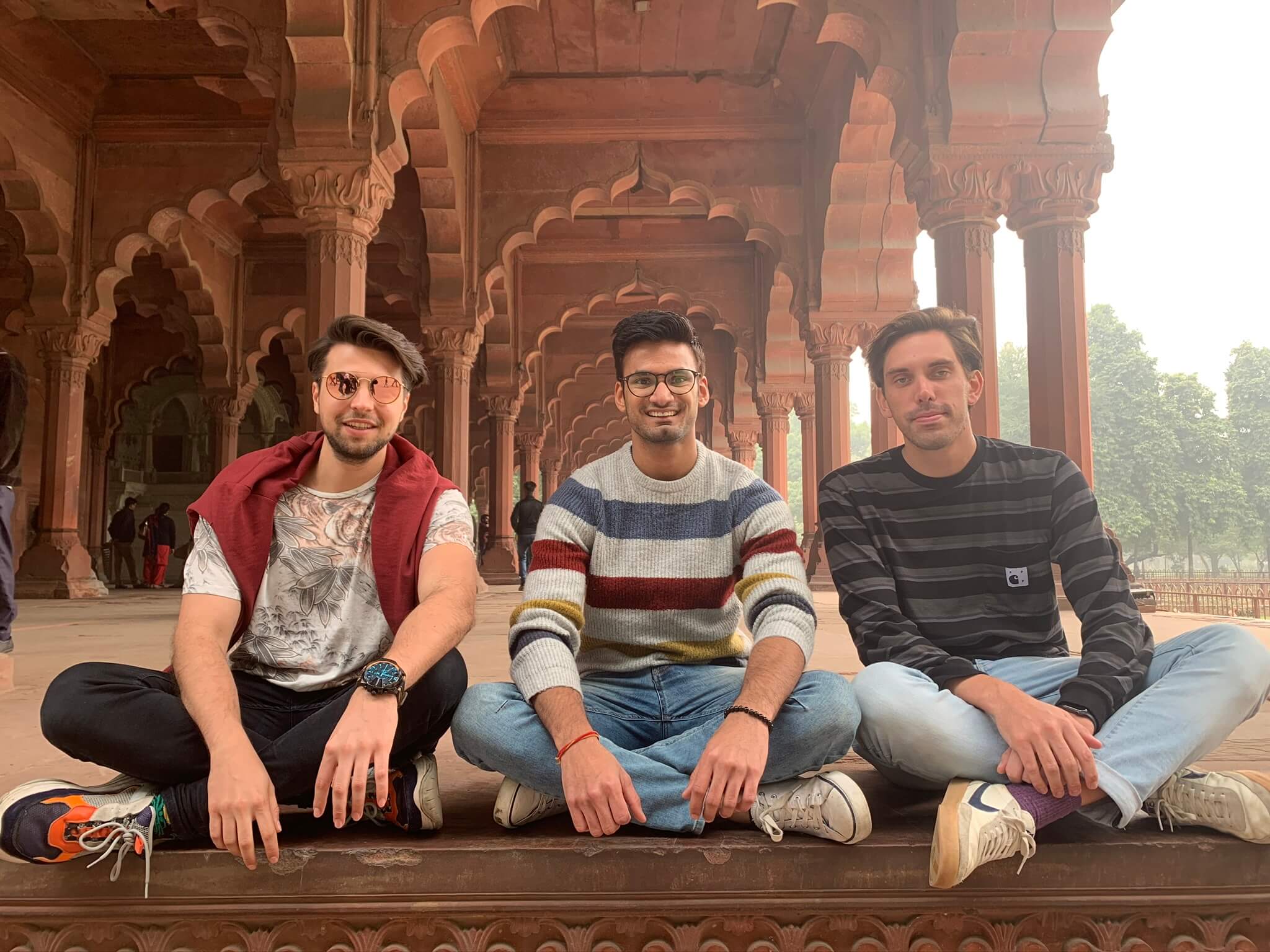
A diverse campus and highly accomplished faculty drew Gupta to Trinity Business School. Source: Pulkit Gupta
What skills do you wish you had learned more during uni?
Looking back, I believe we could have studied more in depth on project management, brand management and international finance alongside hands-on experience. This would allow newcomers in the industry without any prior professional experience to demonstrate their technical knowledge confidently.
What advice do you have for international students who are planning to enrol in the same course as you?
The best approach I suggest is to break down the weeks and take it day by day. Gaining exposure to most of the elements should be the key goal. You can schedule a session with your uni’s careers team as well as attend a career fair or any talks around the campus and city. There are times students get too caught up in school work that they forget to socialise and grow their network.
Use your short breaks to explore the Irish culture and other countries around Europe (once travel restrictions are lifted). There is never a perfect time to enter a job market, so all prospective MSc in International Management students should closely monitor the market when they arrive in Ireland. One of the mini strategies that can be applied while looking for a job is to have multiple versions of your resume tailored for different roles.
In 10 years, what would you like to be doing?
The best part of having a degree from Trinity Business School is that it opens doors for you everywhere in the world. Coming from a big city myself, I always imagine being in one of the developed countries to experience different urban cultures.
In the future, I want to live and work in places like London, Paris, Boston and California. All these cities are leaders in different industries and have diverse metropolitan cultures. For instance, London has a strong financial sector and Paris is famous for its fashion industry.
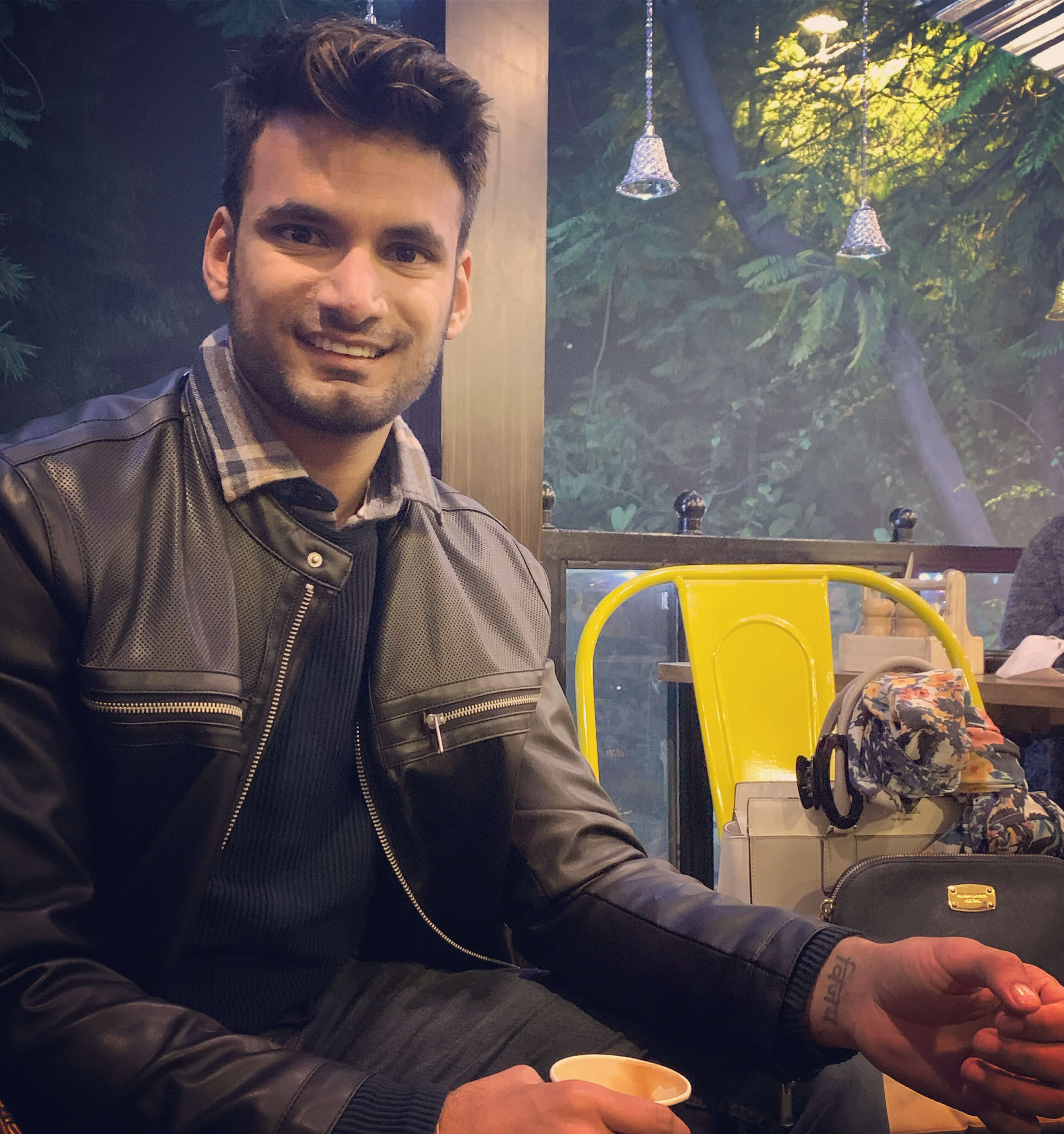
Gupta was drawn to all Europe had to offer in 2018 when he was seeking a postgraduate degree, especially Ireland. Source: Pulkit Gupta
What’s one thing from home you miss and how do you substitute it?
When I moved away, I prepared myself to miss a lot of things from home. I guess this is the price you pay to explore the world. I believe there isn’t anything that can substitute home. I miss the food from home a lot — Delhi is famous for its street food — and Dublin lacks good Indian restaurants, so I tend to substitute it by learning how to cook dishes I’m craving. It’s also a good hobby to pick up when the world is in lockdown.






